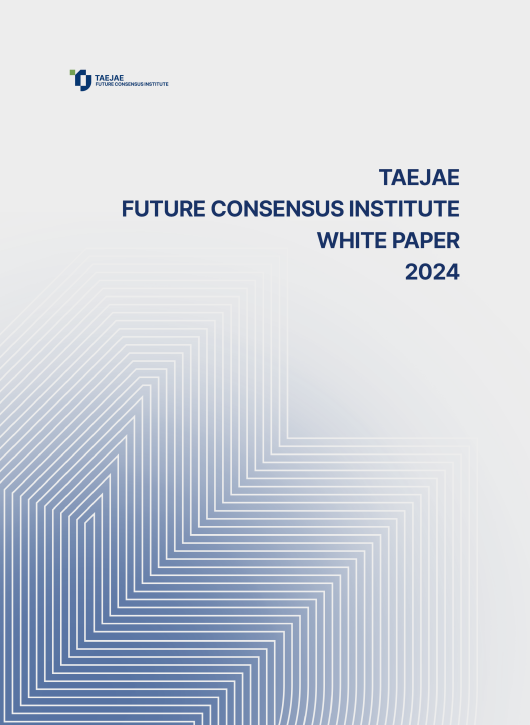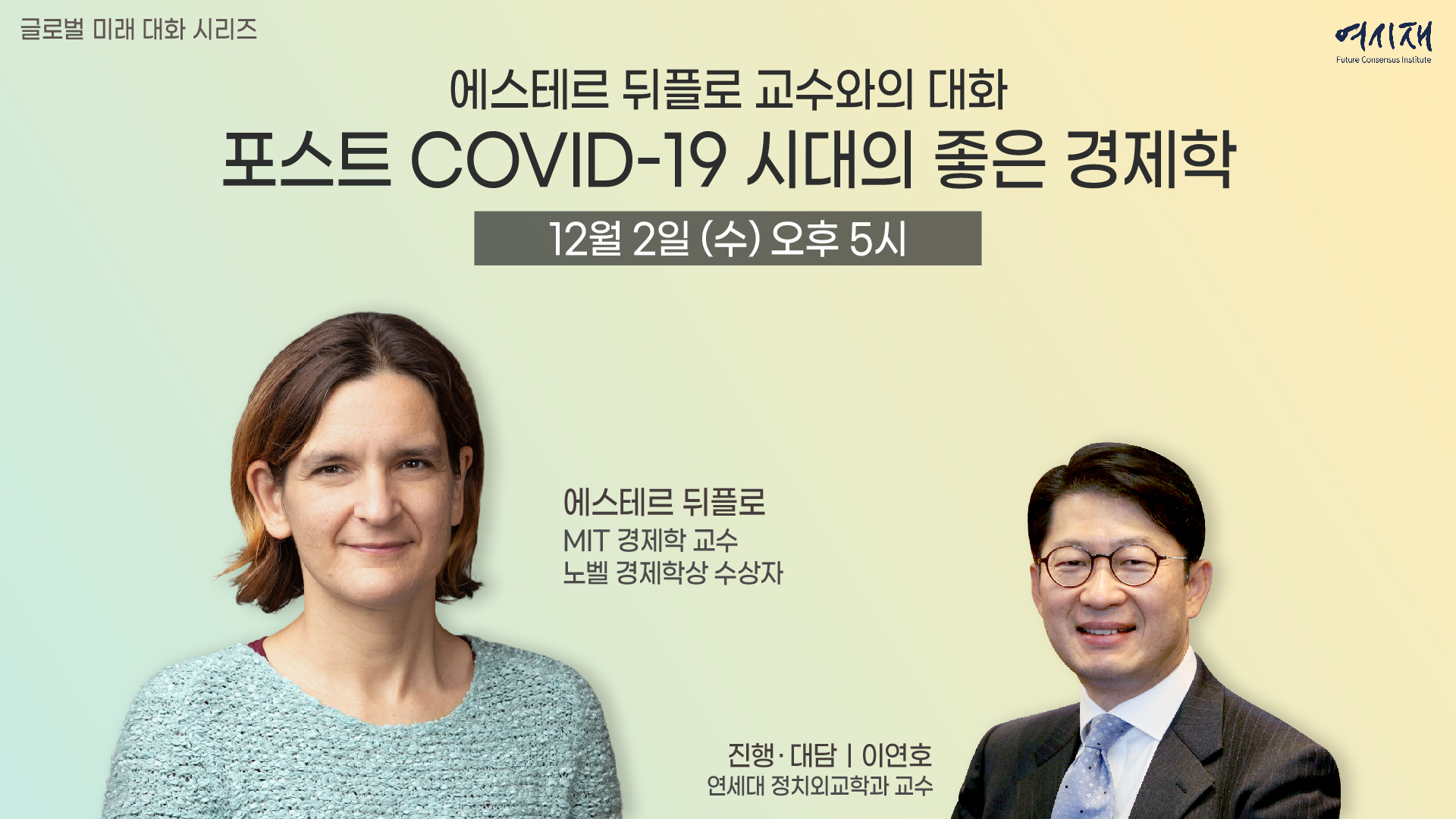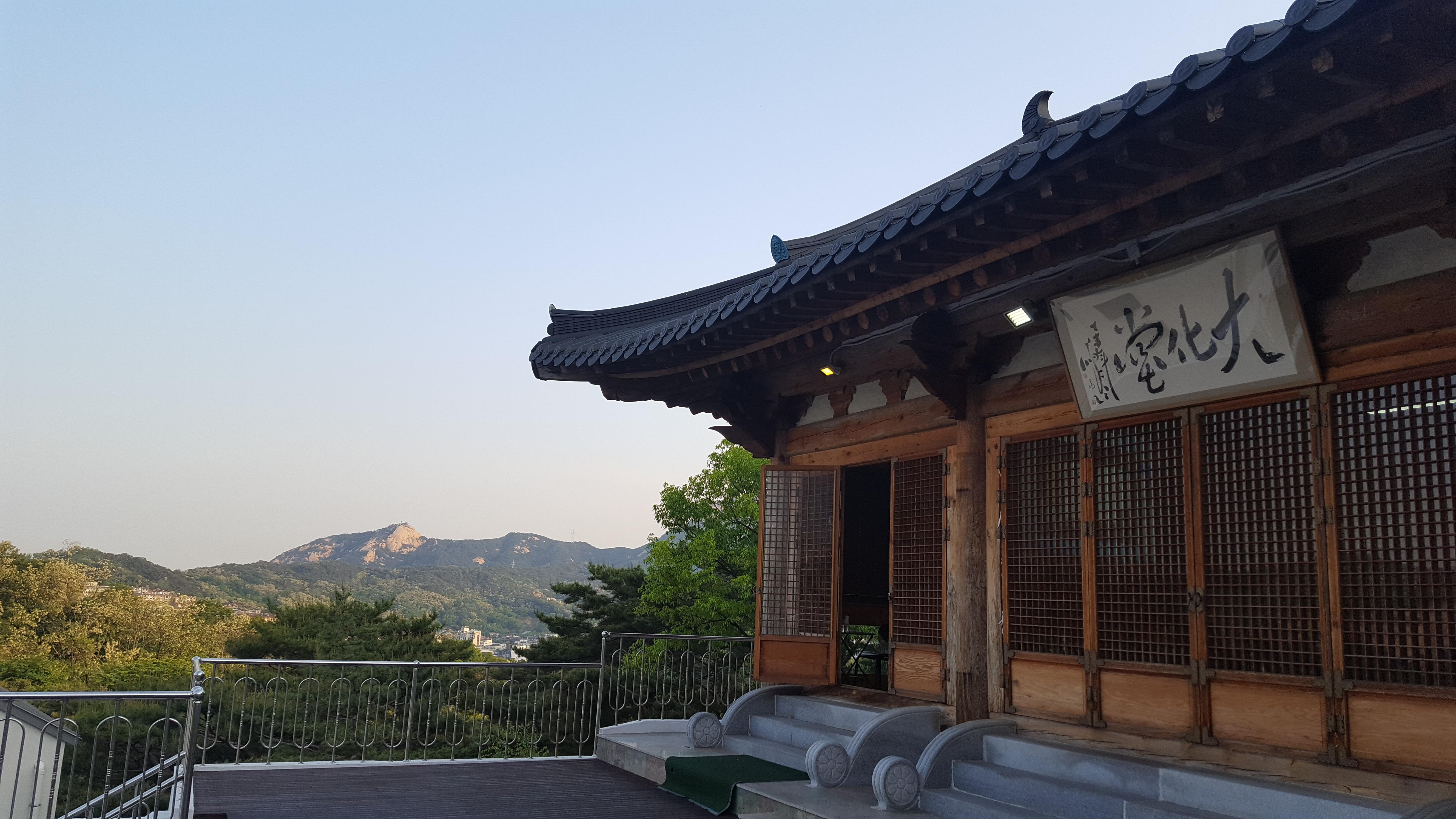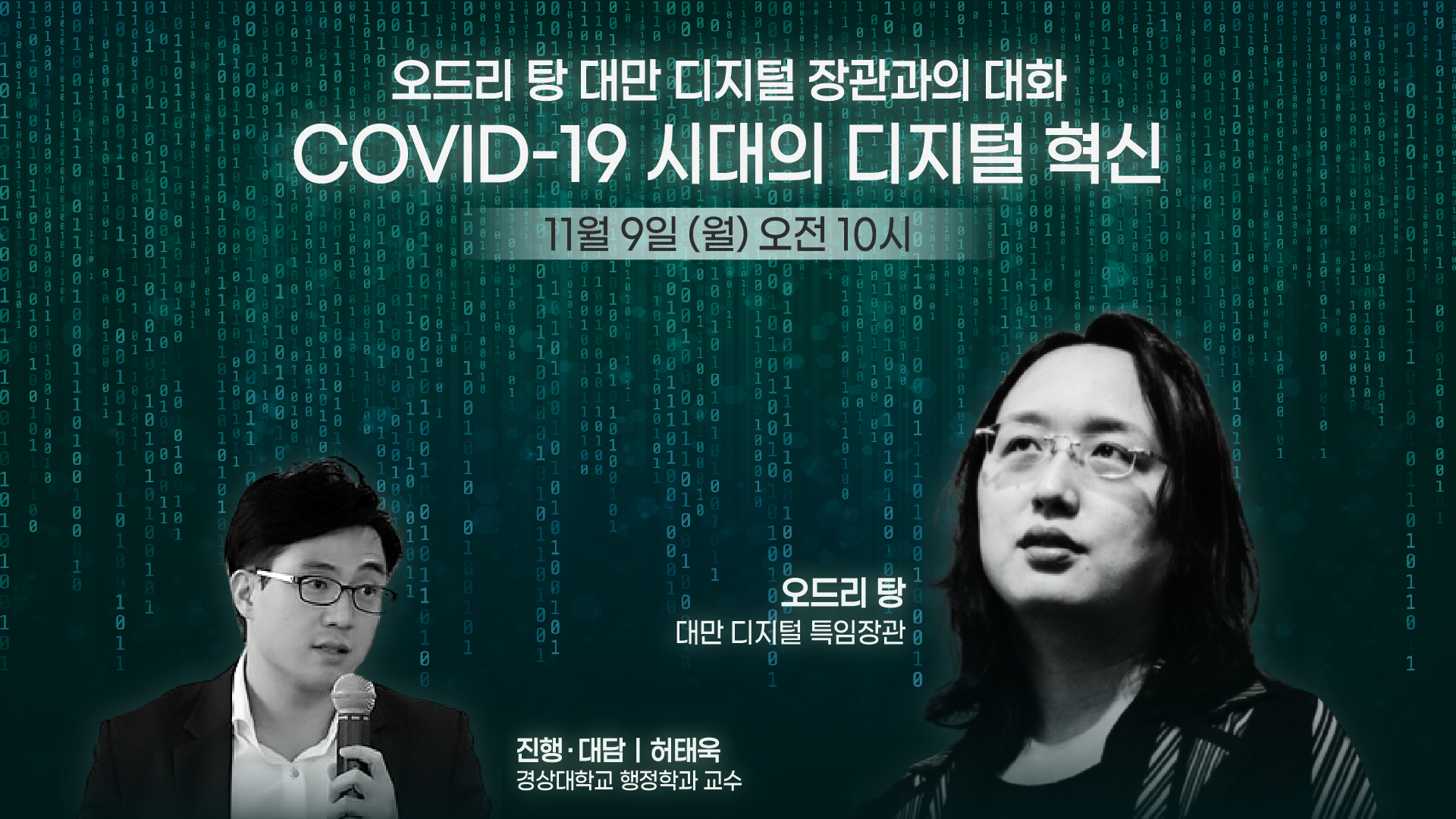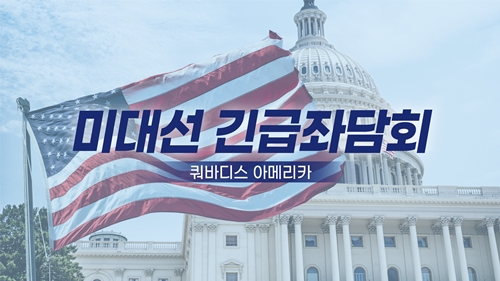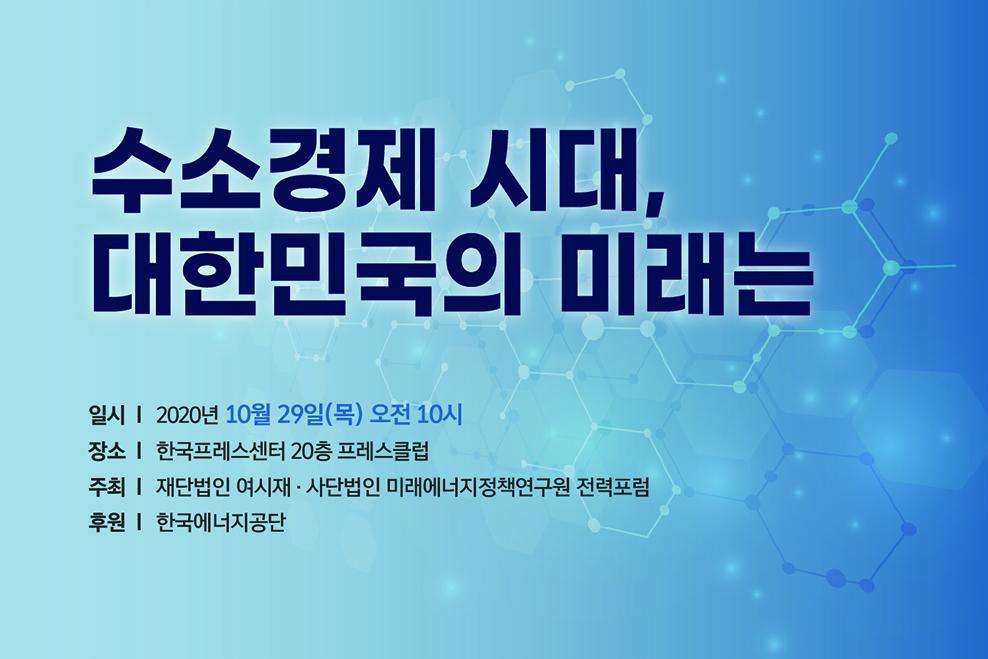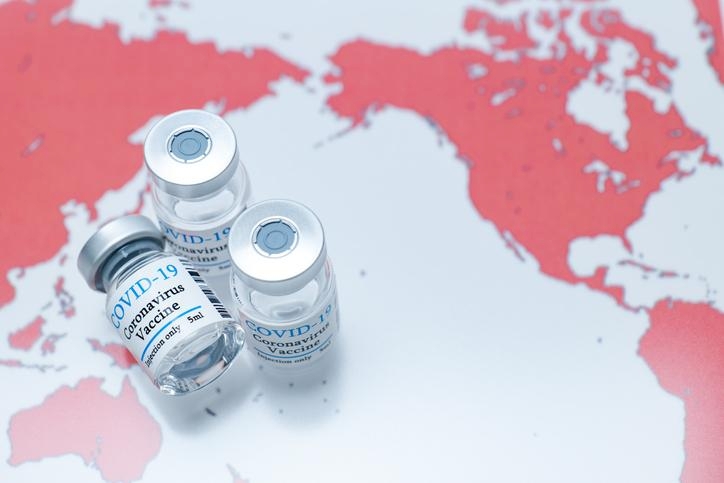Please join Yeosijae as we build a brighter future for Korea. Create your account to participate various events organized by Yeosijae.
- Insights
- |
- Global Order and Cooperation
U.S.-ROK Global Cooperation Seminar: Strengthening the Global Rapid Response System for Pandemics
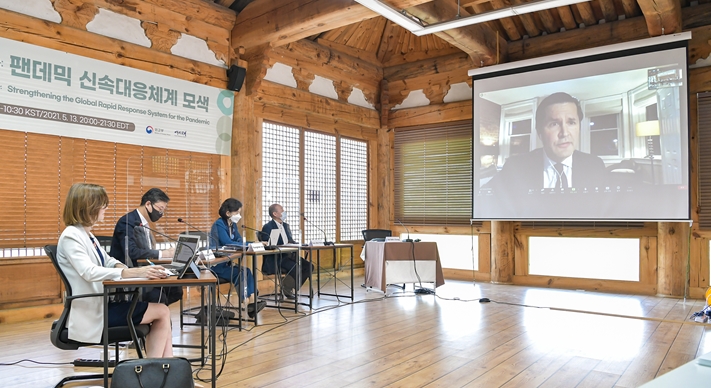
On May 14 Yeosijae co-hosted a webinar entitled “Strengthening the Global Rapid Response System for Pandemics” in partnership with the Ministry of Foreign Affairs of the Republic Korea with the aim to prepare for future pandemics on a bilateral and global level.
Until recently, non-traditional security issues such as global health have received significantly less attention than military, political or diplomatic agendas. However, that all changed a year and a half ago when the COVID-19 pandemic challenged our lives and brought the health agenda into global focus. Even though vaccines are being developed, it is still too early to breathe a sigh of relief. Global cooperation and coordination are just as urgent now as they were in the initial stages of the pandemic. Due to the interconnectedness of the world we live in, COVID-19 has proven that, irrespective of income level, no country is safe from the impact of a large-scale pandemic. Even countries viewed as having strong health security capabilities were unable to promptly and efficiently respond to the crisis. Moreover, the pandemic exposed the inequalities and, more generally, vulnerabilities of our fragmented system at the global level. It is highly likely that pandemics of this kind (and even more disastrous in terms of human and economic impact) will occur in the future. Therefore, we must prepare for such contingencies now, while learning from and rectifying our collective shortfalls in responding to the current situation.
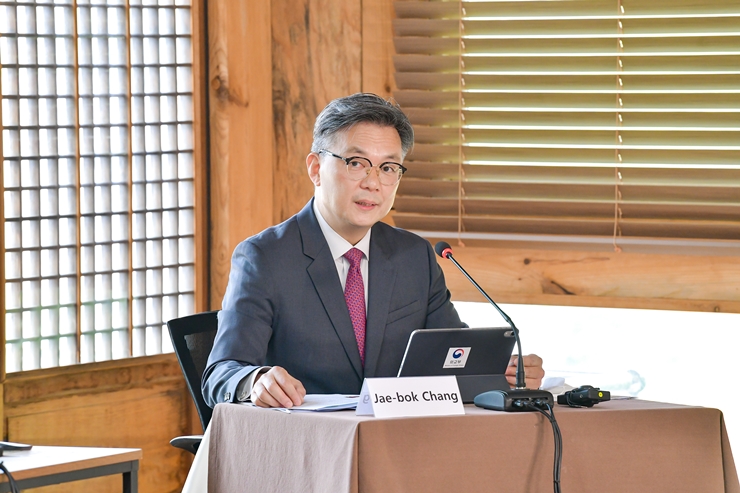
The co-organizers of this webinar invited leading experts in global health, economics, development and medicine from the United States and South Korea to share their thoughts. Dr. Byoung-jo Chun, COO and Chief Economist of Yeosijae and the keynote speaker of the event, Dr. Yun-Chul Hong, a professor of Preventive Medicine at Seoul National University, and Dr. Youngmee Jee, CEO of the Institute Pasteur Korea, participated from a venue in Seoul. On the U.S. side, Ms. Amanda Glassman, Executive Vice President and Senior Fellow at the Center for Global Development, and Dr. Thomas Bollyky, Senior Fellow and Director of the Global Health Program at the Council on Foreign Relations (CFR), joined the discussion online. The event was moderated by Ms. Dana Jea, a U.S. State Department Public Diplomacy officer on secondment to the ROK Ministry of Foreign Affairs. His Excellency Mr. Jae-bok Chang, the Ambassador for Public Diplomacy at the ROK Ministry of Foreign Affairs, opened the event by expressing his hope that the discussion would not only promote global solidarity and cooperation to overcome the health crisis, but also contribute to strengthening relations between the United States and South Korea.
Although the experts expressed various ideas on the means and methods, there was unanimous agreement that enhanced international cooperation is needed to tackle the pandemic, and that the United States and South Korea were well-positioned to play a leading role in this respect. The highlights of the webinar are summarized below.
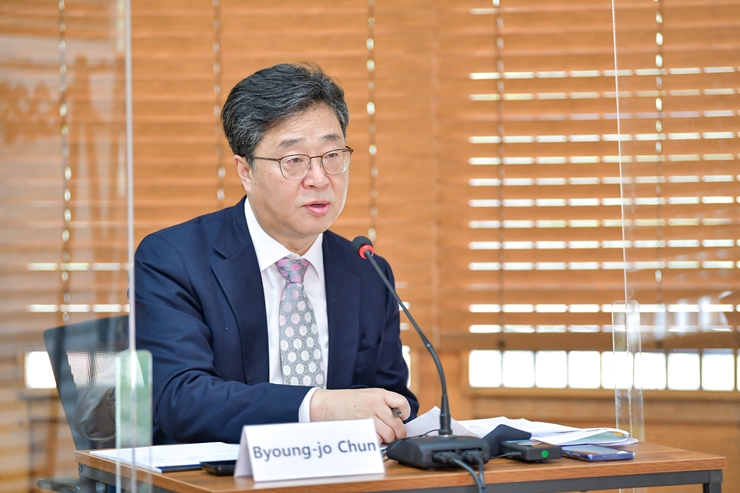
‘Facilitating an Orderly Return to Normal’ - keynote speech highlights
In his keynote speech, Dr. Chun made three key suggestions on how to facilitate “an orderly return to normal:” (1) ensuring that vaccines are rolled out at roughly the same pace around the globe, (2) improving the efficiency of disease prevention and control measures as vaccines are rolled out, and (3) identifying ways to restore freedom of movement. In particular, Dr. Chun suggested empowering multinational financial institutions such as the World Bank, the Asian Development Bank and the African Development Bank to bolster the financial capacity of low-income countries to purchase vaccines and ease their debt burden. Doing so, he posited, would help rectify the current imbalance in access and distribution as indicated by the Economist Intelligence Unit assessed that while high-income countries have already secured access to doses that could vaccinate their populations multiple times over, more than 85 low-income countries will not have widespread vaccination coverage until 2023. Dr. Chun also suggested that investment in the development of public health infrastructure in low-income countries is paramount.
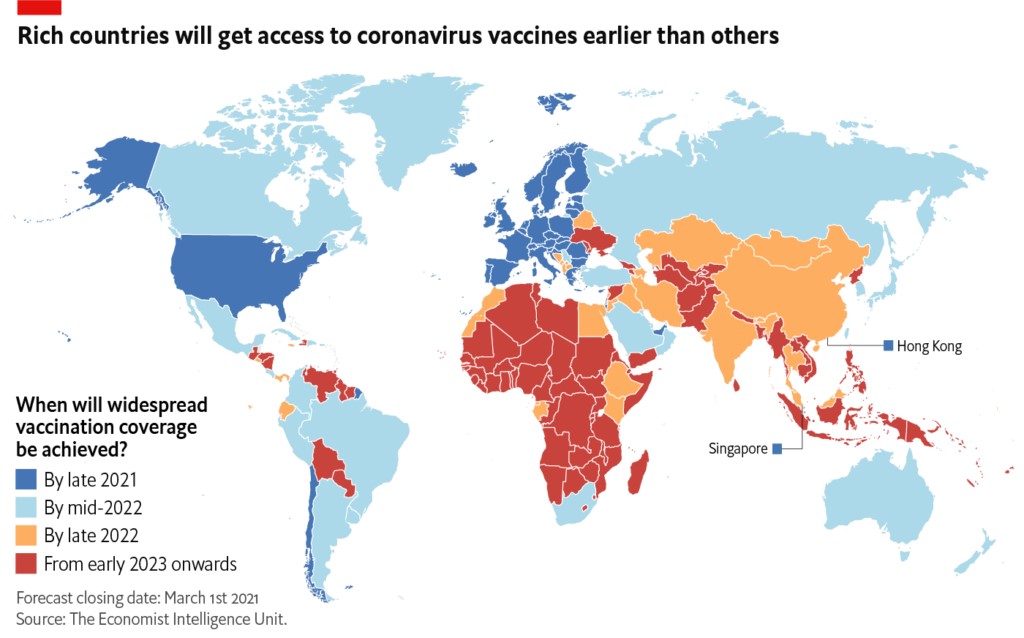
Dr. Chun discussed not only the return to normality, but also the importance of preparing for future pandemics, which, as history shows, are now occurring more frequently. Dr. Chun suggested that a new system needs to be put in place to enforce measures for early detection and prompt containment of infectious disease outbreaks. This effort should be supported by an international organization with the capacity to enforce its decisions that would enable monitoring, early detection, and action. Dr. Chun suggested an international agreement such as a Global Anti-Pandemic Agreement (GAPA, tentative name) should be signed to establish this system. As Dr. Chun noted, taking these measures would allow the world to overcome the weaknesses of the current system such as reliance on specific countries and a lack of binding commitments.

Enforcing surveillance versus strengthening the WHO
There was a consensus among the experts that the global community must work together to improve the global response to both the current and future pandemics. Furthermore, each of the panelists contributed unique viewpoints on as to how this can be achieved.
Dr. Bollyky, who led a recent CFR-sponsored independent task force to analyze priority global health issues, pointed out the complimentary aspects of Dr. Chun’s suggestions and the task force’s report ₁. In particular, Dr. Bollyky mentioned the report’s recommendation to found an international sentinel surveillance network comprised of healthcare facilities around the world that would share hospitalization data on a periodic basis using anonymized patient information to identify unusual trends. Dr. Bollyky added that this global surveillance architecture should be directly linked to public health agencies in participating nations, as well as the WHO. Dr. Bollyky also pointed to the low levels of pandemic preparedness around the world and urged that this must change. To show the situation in numbers, Dr. Bollyky referred to the Global Health Security Index Report, which states that 85 percent of the world’s countries have not completed a pandemic response simulation exercise in recent years.
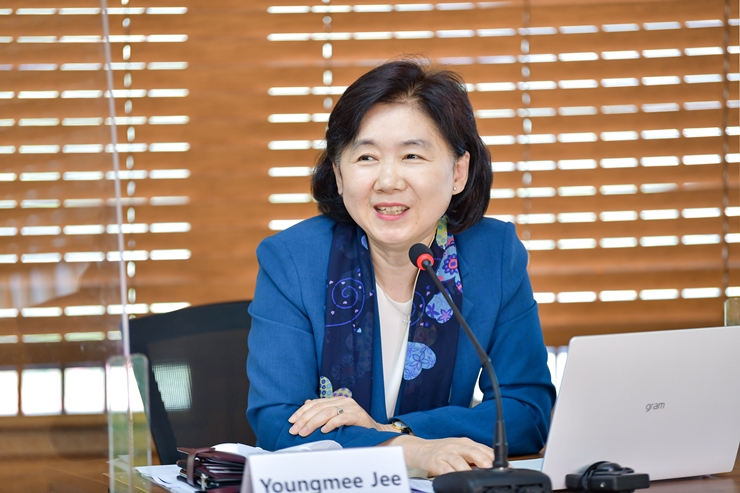
Dr. Jee, a member of the WHO IHR Emergency Committee for COVID-19 ₂, also emphasized the importance of strengthening the existing system. The early warning system has received criticism, but Dr. Jee explained that this is an inherent problem of the WHO’s structure. Based on the International Health Regulations (IHR), the WHO is able to issue recommendations to countries, but legal sanctioning tools are not available. Moreover, Dr. Jee added that the WHO is currently working on a revision to International Health Regulations in order to improve efficiency, and it is likely that this revision will be discussed and adopted during the World Health Assembly meeting. She also believes it is important to encourage participation from all countries in the Joint External Assessment of the IHR ₃ in order to strengthen the WHO’s capacity.
An international vaccine development fund
Among the suggestions put forward by Dr. Chun during his keynote speech was the establishment of an international fund for vaccine development (or GAPA Fund for Vaccines) to prepare for future pandemics and stockpile resources in advance to facilitate prompt vaccine development once such a need appears. Even under the most conservative estimates, COVID-19 is expected to cost almost $10 trillion. Dr. Chun noted that it would not be a waste to spend 10% of the expected damage or 10% of military expenditure on non-traditional security issues to prevent another pandemic. He also pointed out that it is worth considering a ‘callable capital’ approach whereby funding could be activated when a pandemic occurs.

Ms. Glassman, an expert with 25 years of experience in health and social protection policies, cited examples of previous efforts such as the Access to COVID-19 Tools Accelerator (ACT-A) ₄, the Coalition for Epidemic Preparedness Innovations (CEPI) ₅, and COVID-19 Vaccines Global Access (COVAX) ₆ initiatives to address capital allocation problems. She explained that financing for these initiatives arrived very late this time, which slowed down the process. Moreover, COVAX is still raising money to be able to procure vaccines for a mere 20 percent of the population. Another problem Ms. Glassman mentioned was that the design of COVAX does not provide enough incentives for countries to purchase vaccines via its mechanism, as investing more will not necessarily lead to a country receiving more vaccines. The lack of visibility related to the delivery timelines and availability of bilateral deals also had an impact on countries’ decisions to engage with the COVAX facility. Ms. Glassman noted that the lesson from the current situation is that we need to assure funds are immediately available once a new virus is identified to enable rapid research involvement, the procurement of vaccines, and sufficient manufacturing capacity. In addition, it is important to reconsider the incentives offered by pooled procurement. On the issue of funding Ms. Glassman concluded there is a need for a dedicated non-ODA source of financing to prepare for next time, and that investment and preparatory steps should take place now.
Dr. Jee argued there is a need to boost investment via existing structures such as CEPI, which was originally launched for the purpose of developing vaccines. She posited that there is no need to form a new structure with similar functions. In addition, Dr. Jee stressed the importance of efforts to donate excess doses to low-income countries, as France has pledged. She pointed out that this issue was also mentioned during the Paris Peace Forum, which took place online on May 6, and that the United States and other high-income nations will share excess doses with other countries.
Regarding the above discussion, Dr. Chun commented that capacity building is just as crucial as vaccine development and enforcing a surveillance system. He further elaborated that international financial institutions could serve as an example of the organizational efforts necessary for enhancing pandemic response capacity. International financial institutions including the World Bank have learned that it is difficult to achieve goals through the provision of financing alone. Over the past 20 years, financial institutions have already been investing in building the capacity of agencies that receive funding instead of simply providing financial support
The United States and South Korea should work together to improve the current system
Rapid vaccine development, manufacturing and supply are the last pieces of the puzzle in responding to the pandemic. Participants in the webinar concurred that US-ROK cooperation on vaccine-related issues could contribute to a global pandemic response system. In particular, Dr. Chun highlighted that the United States is one of the leading biotech nations in the world, and was among the first to develop and distribute a coronavirus vaccine, while Korea has the capacity to mass-produce vaccines, with the ability to produce more than three billion doses ₇ and all four types of vaccines. Considering these strengths, Dr. Chun proposed forming a cooperative framework between U.S. and South Korean disease control and countermeasures agencies and related ministries. These organizations could work together to develop a comprehensive pandemic response plan to help societies around the world realize as faster return to normalcy.
Dr. Bollyky also saw global vaccine manufacturing and access as a central issue. He mentioned that approximately 1.4 billion doses to combat COVID-19 have been administered globally to date, but just nine countries are responsible for three out of every four doses administered. Dr. Bollyky suggested that we need to scale-up manufacturing by forming network like ‘Operation Warp Speed’ consisting of governments, suppliers and manufacturers that are backed by the requisite financing and support. More specifically, he proposed the development of regional vaccine manufacturing platforms for addressing the current and future pandemics, adding that arrangements of this kind have already worked to address food insecurity. He also noted that transparency in supply chains to reduce the unnecessary use of export restrictions would be important in this process. Dr. Bollyky concluded that if countries such as South Korea and the United States worked together to establish a “route-to-readiness,” the world will be better prepared for future health crises.
Dr. Jee focused attention on the absence of vaccine and medicine manufacturing facilities in Africa, with the exception of South Africa. She agreed that localization of manufacturing is important in order to secure vaccine supplies, but this would require support from the international community. Dr. Jee argued that this is an area where the United States and South Korea can contribute together. For example, as Dr. Jee explained, the United States and South Korea could work together to enhance vaccine manufacturing capacity in regions such as Africa and the Western Pacific, or North Korea.
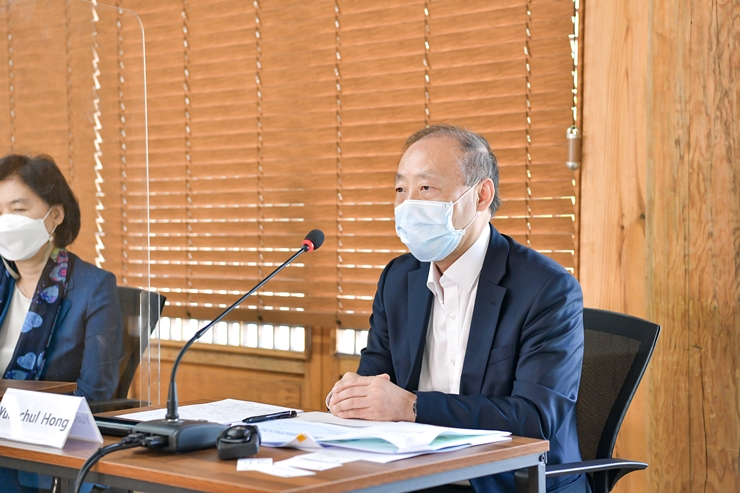
Dr. Hong was also of the view that US-ROK cooperation has great potential in the area of vaccine development and manufacturing. He mentioned that if the United States and South Korea work together to, not only meet the demand in both countries, but also make a global contribution by creating synergy between their respective strengths, it could serve as a good model for others to follow.
In his concluding remarks, Dr. Chun cited the example of surveillance and cooperation mechanisms for controlling and countering the proliferation of weapons of mass destruction and nuclear weapons, adding that these kinds of efforts should be introduced into the pandemic response system. He also suggested the adoption of a callable capital approach to fund future pandemic responses, which would facilitate the prompt use of necessary resources when a pandemic occurs.
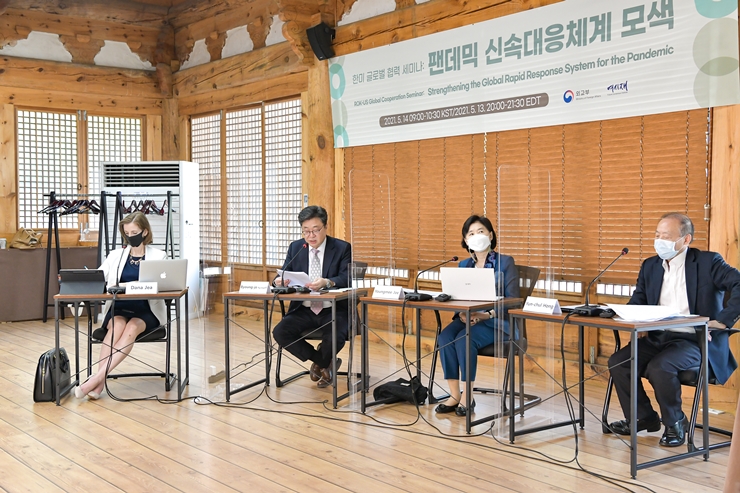
Preparing for future pandemics by addressing population aging and cooperation in smart healthcare
Dr. Hong also suggested taking a more comprehensive look at the issue of global health and making sure the world’s leaders are keeping up with the times. He proposed drawing on the strengths of the United States and South Korea for the purpose of developing smart healthcare systems that would not only enhance pandemic preparedness, but also address the problem of population aging, which is central to the global health agenda.
[Program]
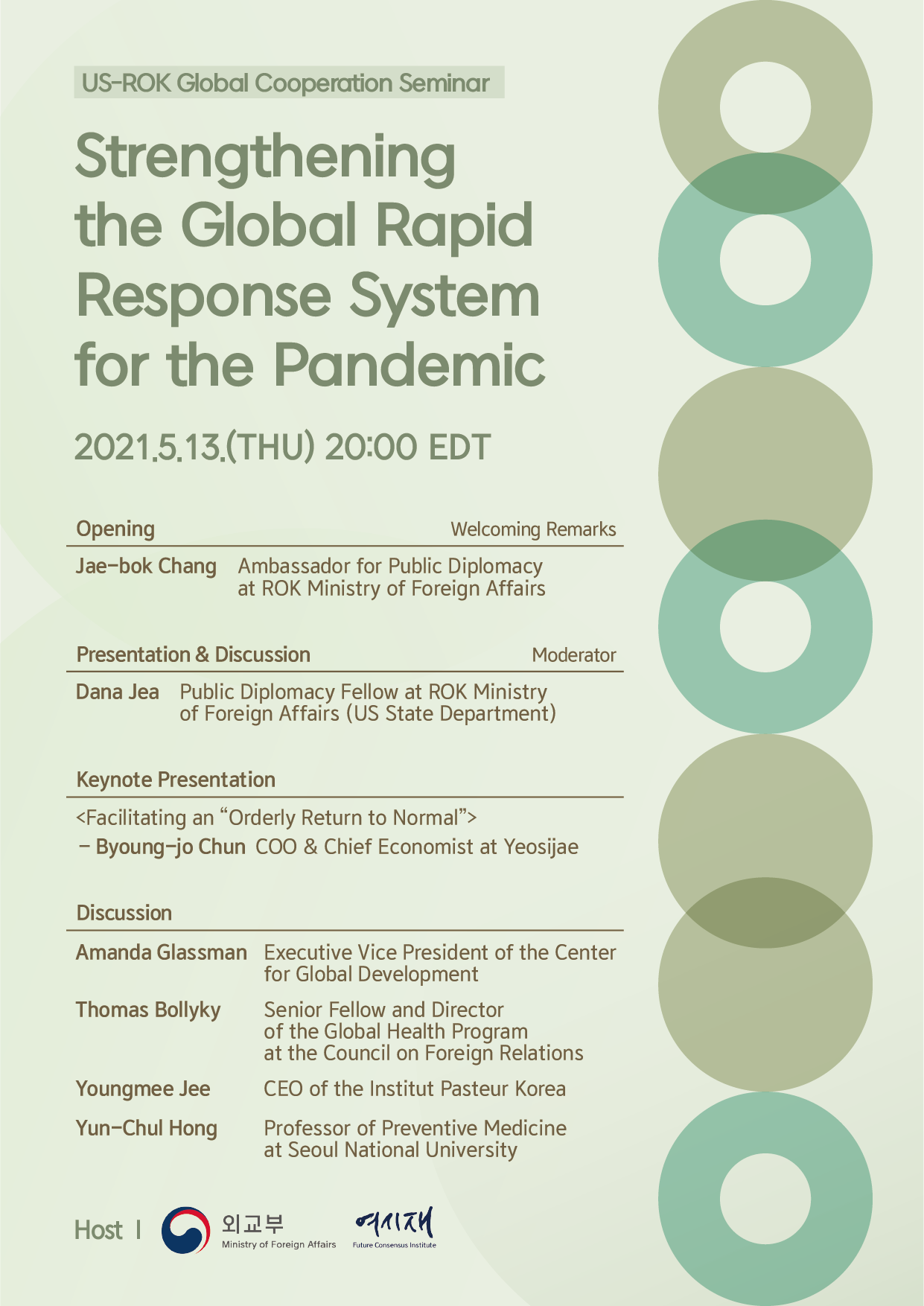
1) https://www.cfr.org/report/pandemic-preparedness-lessons-covid-19
2) https://www.who.int/groups/covid-19-ihr-emergency-committee
3) https://www.who.int/ihr/procedures/joint-external-evaluations/en/
4) https://www.who.int/initiatives/act-accelerator
5) https://cepi.net/
6) https://www.gavi.org/covax-facility
7) South Korea’s vaccine production capacity, as estimated by Yeosijae (Future Consensus Institute).
< Copyright holder © TAEJAE FUTURE CONSENSUS INSTITUTE, Not available for redistribution >

